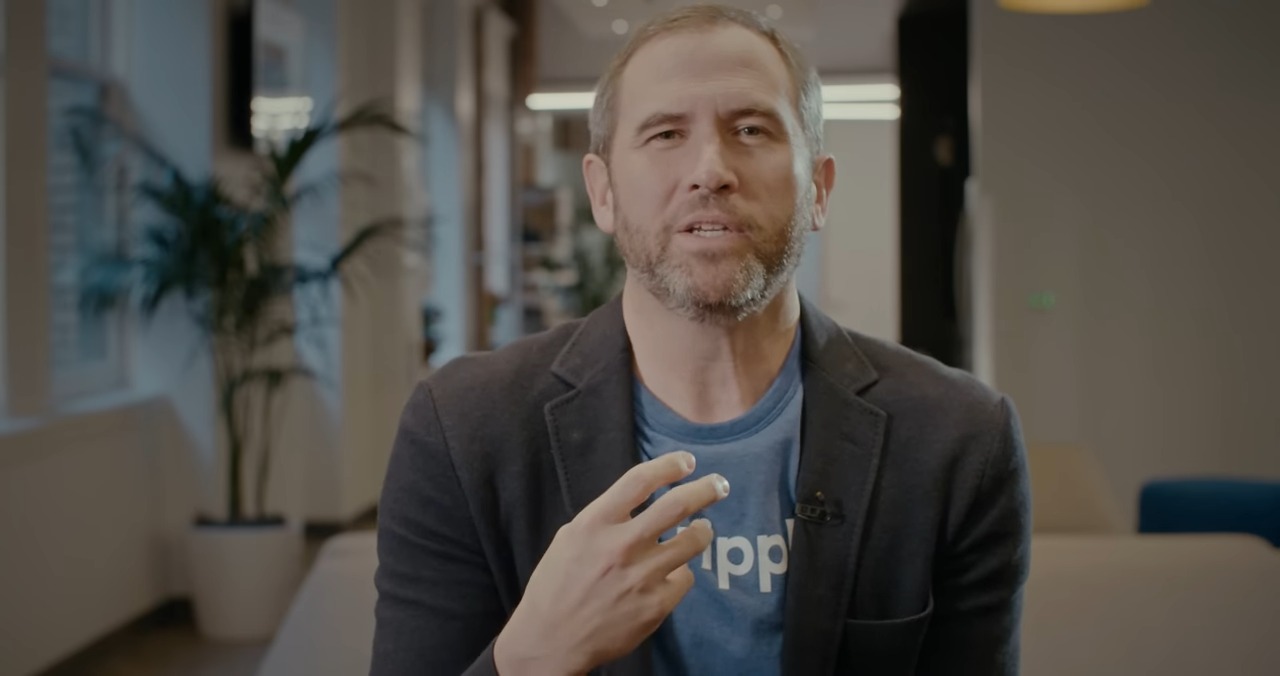In a swift response to Ripple CEO Brad Garlinghouse’s assertion of the U.S. government’s scrutiny toward the world’s largest stablecoin, Tether (USDT), Paolo Ardoino, Tether’s CEO, didn’t hold back. Ardoino sharply rebuked Garlinghouse, labeling him an “uninformed CEO” of a company currently under investigation by the SEC and suggested that Garlinghouse’s remarks were spreading fear about USDT.
In a comprehensive post on the social media platform X (formerly Twitter), Tether’s CEO fired back at Ripple’s CEO’s assertions regarding U.S. government scrutiny of Tether. Ardoino labeled Garlinghouse’s statement as “spreading fear about USDt” and called it “Cui prodest”—a Latin phrase that translates to “who benefits?” in English.
The phrase is often used in discussions or analyses to question who stands to gain or benefit from a particular action, event, or situation. This phrase prompts consideration of motives and potential beneficiaries, especially in contexts where there may be hidden interests or agendas at play.
In the X post, Ardoino underscored the widespread adoption of USDT, particularly in underserved regions, and emphasized the coin’s compliance measures and safety. He stated, “Let me give you an update on Tether USDt ecosystem safety. USDt is the most used stablecoin in the world, with hundreds of millions of users across primarily emerging markets and developing countries.” Ardoino’s remarks aim to reassure stakeholders about the integrity of the USDT stablecoin amid external scrutiny.
Related: Binance Founder Zhao Says Lack of Privacy Hampers Crypto Payments Growth
Ardoino emphasized the company’s commitment to ensuring a safe global financial ecosystem through robust compliance measures and the stability of USDT. He underlined, “At Tether, we believe that our main mission is to ensure that our entire сommunity can benefit from a safe global financial ecosystem. There were, in fact, different crucial requirements that stablecoins need to fulfill in order to become widely adopted.”
The CEO further underscored Tether’s compliance with regulatory standards by leveraging blockchain transparency and collaborating with global law enforcement, saying “Tether USDt demonstrates its adherence to regulatory standards by utilizing blockchain transparency and engaging in partnerships with global law enforcement.”
Moreover, Ardoino enumerated Tether’s proactive approach to compliance and collaboration with law enforcement agencies worldwide. The list showed the stablecoin’s adherence to regulatory standards by respecting OFAC/SDN lists, employing a skilled internal investigation team, and leveraging partnerships with entities like Chainalysis.
The CEO also highlighted that Tether has cooperated with numerous law enforcement agencies, blocking significant amounts of funds associated with illicit activities. Additionally, Tether’s direct collaboration with law enforcement contrasts with other stablecoins, which may require a court order for compliance, potentially enabling prolonged illicit fund movement.
Related: Kusama Reveals Details Of New AI Product in Recent Livestream
The Tether CEO’s response was prompted by Garlinghouse’s assertion of a “100% chance” of another crypto-related black swan event during a podcast interview. While Garlinghouse hinted at the U.S. government’s scrutiny of Tether, he didn’t elaborate on the reasons behind his assessment. Nevertheless, Garlinghouse acknowledged Tether’s pivotal role within the crypto market.
In April, blockchain firm Ripple announced its entry into the $150 billion stablecoin market by unveiling plans to launch a U.S. dollar stablecoin. This strategic move positions Ripple in direct competition with stablecoin giants Tether, responsible for the largest stablecoin USDT, and Circle, the issuer of USDC. Initially, Ripple intends to introduce its stablecoin exclusively in the U.S. but has not dismissed the possibility of expanding its offerings to include regionаl stablecoins tailored for non-U.S. markets such as Europe and Asia.












